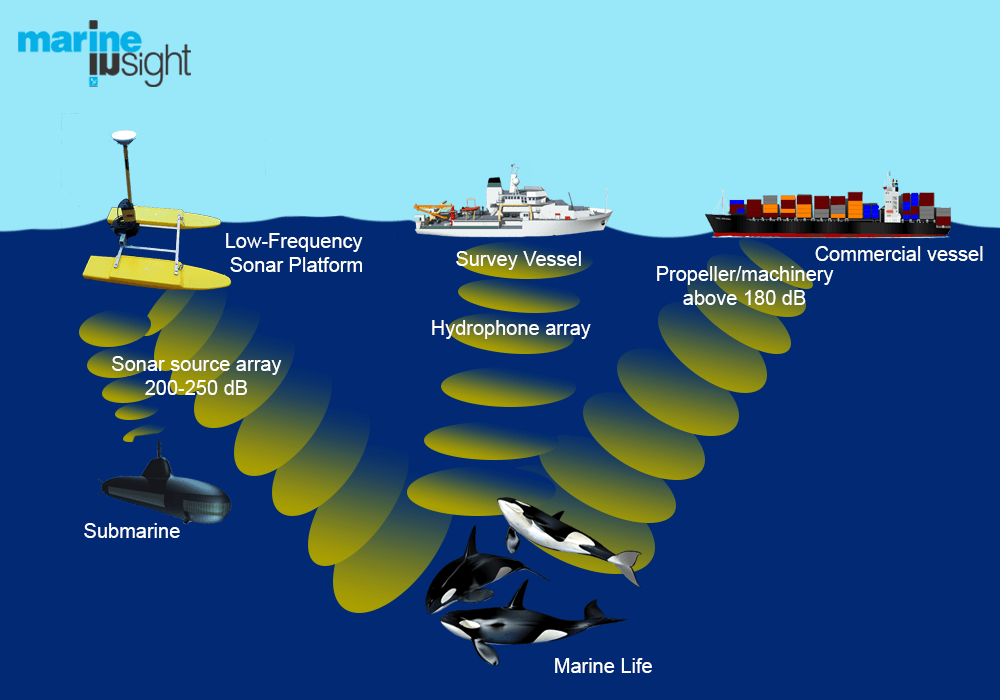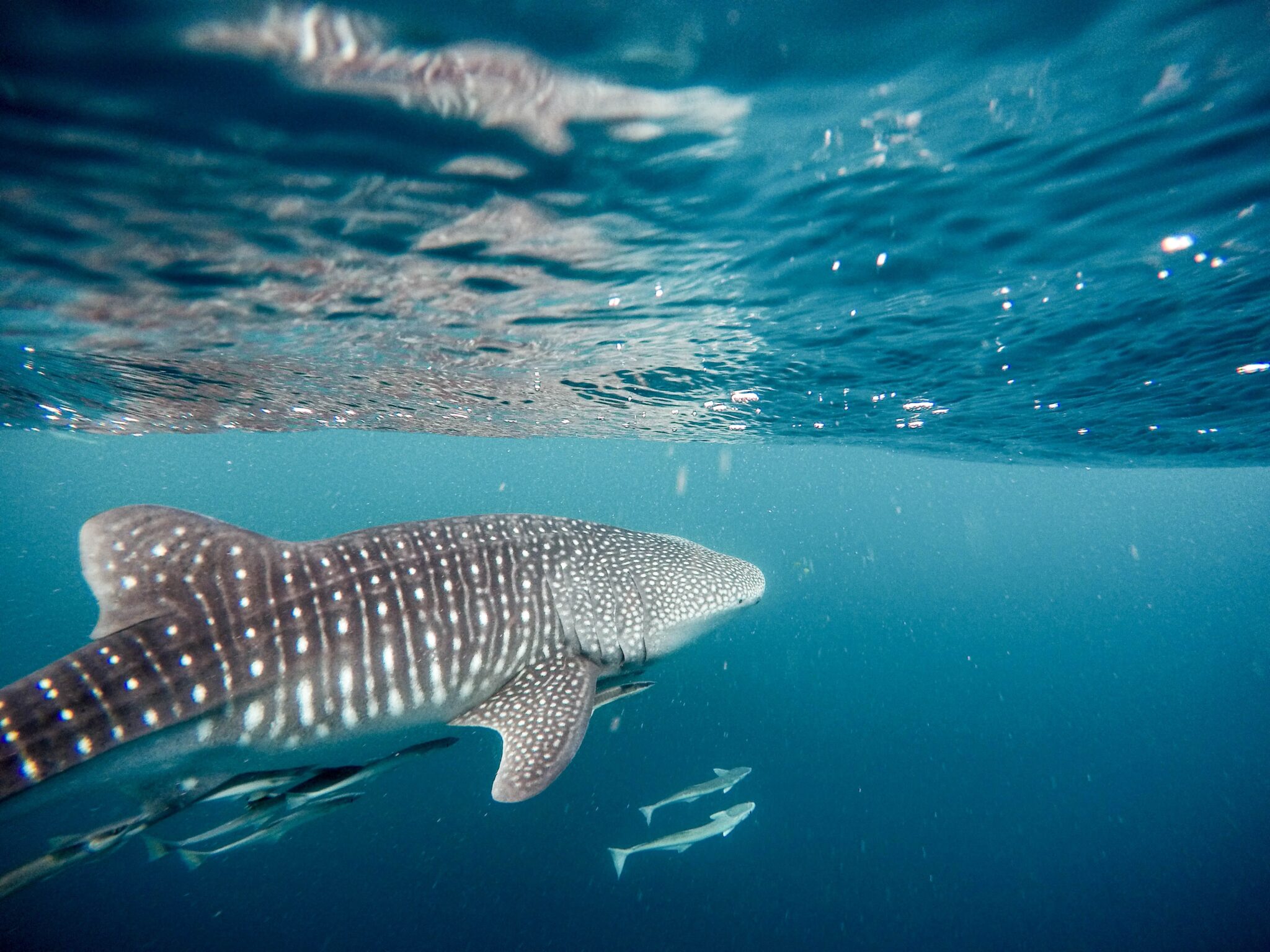Noise pollution is a causative agent of stress and deteriorating health. This fact is not only applicable to humans but animals as well.
Recently, a study carried out by ecologists at the University of Victoria in Canada confirms that human activities are disturbing ocean life in several ways, noise pollution being lately included in the list.
Shipping traffic causes too much noise for aquatic life, they are in a place with constant high noise levels. Marine life use sound waves to communicate with each other, for hunting and for mating as well. Excessive sound waves from ships disturb their ability to interpret natural sounds, therefore ruining their quality of life. Masking is the word used to describe the drowning of natural sounds into noises of the same frequency.

Exposure to continuous loud frequencies and amplitudes leads to the fish being under stress and at risk of permanently losing its hearing. This has a negative effect on their capability to mate, survive and fight disease due to weak immunity.
According to scientists, other human activities which result in drastic climatic changes are also responsible for muddling up the intricate ocean soundscape. Climate change basically messes up physical processes that shape ocean sounds, like wind, wave, and melting ice.
A positive fact is that noise pollution is easy to deal with- you just need to stop its source. It can be dealt with more easily than other types of pollution, where time and organization are required at a higher level. The effects of noise pollution can be reversed once the noise is ceased.
Also Read: THE CONUNDRUM OF THE COLD-SPOT IN THE RELIC OF BIG BANG: COSMIC MICROWAVE BACKGROUND RADIATION

Aniqa Mazhar is a graduate of QAU in Biochemistry. She has taught sciences to O levels and is currently planning for her MS in Food Technology. Aniqa’s hobbies are reading, watching movies, writing, calligraphy, long walks, and nature photography.

